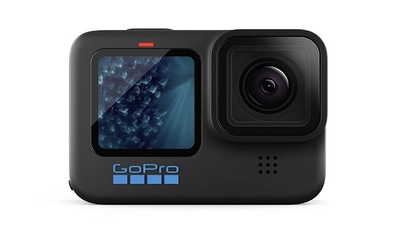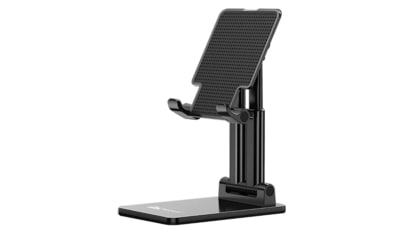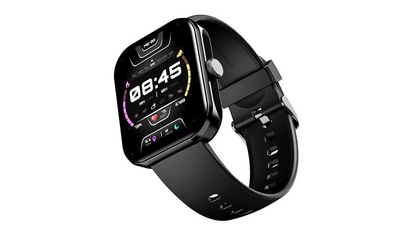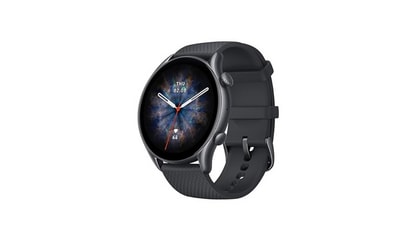Paging Dr. GPT? Tech Investors Bet AI Finally Poised to Transform Health Care
Top venture firms are backing startups that promise to use AI to help with patient care, drug discoveries and clinical note-taking.
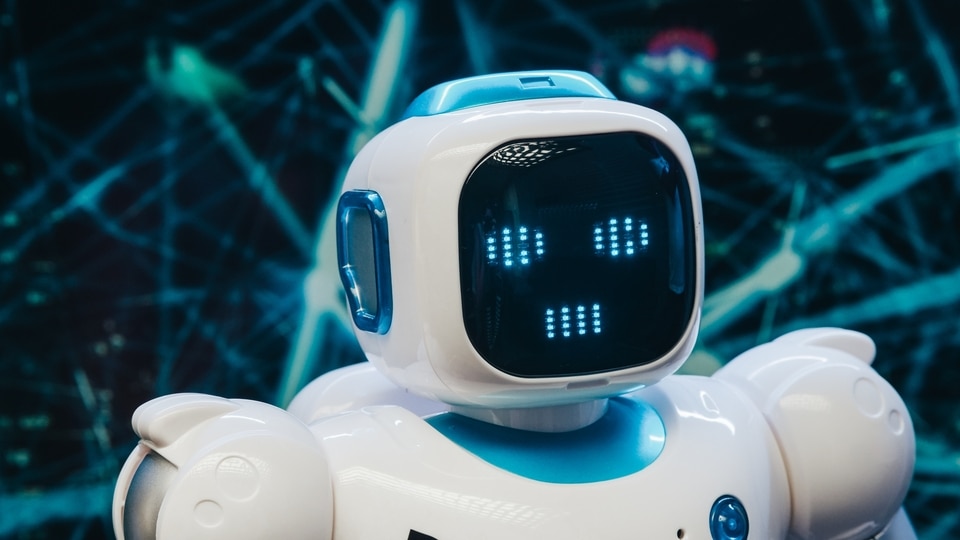
Top venture firms are betting that rapid advances in artificial intelligence and the public fascination with ChatGPT will help tech startups to transform health care after years of Silicon Valley struggling to move the needle in the industry.
Andreessen Horowitz has been investing in a steady stream of startups that are looking to capitalize on the AI boom to improve medical care. That includes companies building AI tools to help with patient care and reduce the burden of clinical note-taking, as well as using AI to try to discover new drugs more quickly than traditional methods. Last week, the firm co-led a $200 million round in the AI-powered drug discovery company, Genesis Therapeutics. General Catalyst, Menlo Ventures, Lux Capital and others are also investing in AI health care startups.
These investments mirror the enthusiasm among larger tech companies like Microsoft Corp., Amazon.com Inc. and Alphabet Inc.'s Google, which are moving aggressively to expand their footprints in the lucrative health care industry. In July, Amazon unveiled HealthScribe, a generative AI tool that can help health care providers summarize doctors visits. Google is also said to be testing a medical chatbot in hospitals.
But health care, which is tightly regulated and still relies heavily on fax machines, has proven uniquely difficult for tech companies to crack. International Business Machines Corp. sold off some Watson Health assets last year, a setback for its goal to use AI to help health care providers analyze data and revolutionize cancer treatment. Amazon, meanwhile, abandoned a high-profile attempt to disrupt the industry with JPMorgan Chase & Co and Berkshire Hathaway Inc. Moreover, the large language models underpinning generative AI tools like ChatGPT are known to get details wrong, which could be especially problematic when dealing with complex and high-stakes situations like health care.
Vijay Pande, a general partner at Andreessen Horowitz, knows “the AI hype cycle has hit healthcare before,” as he put it in a blog post last month. But Pande, who has been beating the drum about AI's potential impact on health care for nearly a decade at the firm, said it's different now as the technology has improved significantly. He also notes that, like the evolution of the internet, real change takes time.
“It took 20 years for the internet to really transform everything,” Pande told Bloomberg. He likens the current state of AI in health care to where the internet was in 2005. The internet had started to seep into everyday life, but “we weren't doing everything in our lives on the internet that we are today.”
While overall investment in AI startups has exploded this year, the picture for AI health care startups is more complicated. The category is currently pacing behind the $7.4 billion in funding raised last year, according to data from research firm PitchBook, and well below the $10.5 billion raised in 2021.
“AI has certainly been the buzzword on the tip of everyone's tongues,” especially in the health care industry, said Deena Shakir, general partner at Lux Capital. Still, she said, “there seems to be consensus that it's too early to know what the real impact will be.”
Here are some of the health care areas where tech investors are hoping for the most momentum.
Drug Discovery
Large pharmaceutical companies, along with a slew of newer entrants, are betting AI will speed up the process of discovering new drugs and therapies by combing through and analyzing vast data sets. These efforts predate the rise of ChatGPT and have had mixed success, but heightened attention on AI and advances in the technology could help boost momentum.
Rezo Therapeutics, a drug discovery startup, raised $78 million from investors including Andreessen Horowitz last fall and is focusing initially on cancer treatments. Chief Executive Officer Nevan Krogan, who is also the director of the Quantitative Biosciences Institute at the University of California, San Francisco, said Rezo aims to translate research from about 35 labs into therapies. “One of the things we're trying to do is blur the lines between academia and biotech,” he said.
Krogan said he is preparing to raise a larger round of funding this year for his company, given the “huge appetite” from investors for Rezo and all things AI. “It's been heating up over the last several months for good reason.”
Other startups are sitting out the AI funding boom, for now. Insitro raised about $700 million prior to the rise of ChatGPT and is using AI to develop therapeutics for fatty liver disease and tuberous sclerosis complex, a rare disease that causes neurological issues in children.
Daphne Koller, Insitro Inc.'s CEO, said the company isn't planning to raise more funding in the near future, having ended last year with more than $500 million in the bank. She's not worried about trying to capitalize on the AI hype cycle. “I try and think about substance,” said Koller, who has worked in the machine learning industry since the 1990s. “I don't like to think of FOMO,” she added, referring to the fear of missing out.
Paperwork
Generative AI, which can produce written work and images in response to user prompts, has already been used by workers to help send emails, summarize long texts and streamline other routine administrative tasks. Now some tech companies are trying to apply this to health care.
Ambience Healthcare, for example, makes an AI-powered “scribe” to turn doctor-patient conversations into notes that the company claims saves clinicians about 16 hours per week that they'd otherwise spend writing information and referrals. Ambience has raised $30 million from investors, including Andreessen Horowitz and ChatGPT-creator OpenAI.
A growing list of other startups and larger tech companies offer similar clinical notes services, including Microsoft, Amazon and Doximity. There are limits, however. Some AI-powered services have reportedly been found to make errors in the process, requiring human contractors to intervene.
Diagnoses
The US has a doctor shortage but don't expect AI to replace physicians yet. There are concerns that relying too much on AI to triage cases could end up doing harm to patients by missing or misdiagnosing issues.
Hippocratic AI announced it raised $50 million from Andreessen Horowitz and General Catalyst in May to build large language models – the technology that underpins AI chatbots – specific to the healthcare industry. The company says it is focusing on tasks like explaining pre-operation instructions to patients, but it's staying away from medical diagnoses — at least for now.
“We actually don't think that generative AI is ready to do diagnoses — we think diagnoses need to come much later, when these models are safe,” CEO Munjal Shah previously told Bloomberg. “You have many other roles that are supporting roles and supporting actors in the health care system that really could benefit from generative AI.”
Catch all the Latest Tech News, Mobile News, Laptop News, Gaming news, Wearables News , How To News, also keep up with us on Whatsapp channel,Twitter, Facebook, Google News, and Instagram. For our latest videos, subscribe to our YouTube channel.






















